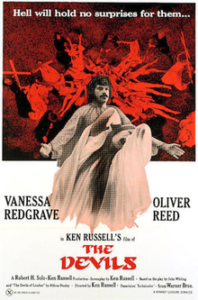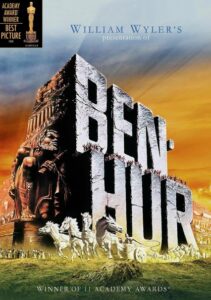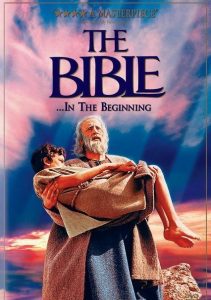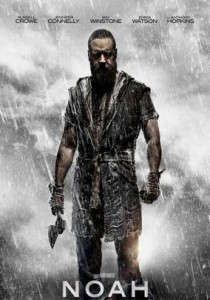The Devils-1971
Director Ken Russell
Starring Oliver Reed, Vanessa Redgrave
Scott’s Review #1,403
Reviewed October 4, 2023
Grade: A
Ken Russell, most famous for directing the outstanding Women in Love (1970) and The Who’s Tommy (1975) creates a disturbing opus about perversion and scandal amid the Roman Catholic church during medieval times.
The film’s graphic portrayal of violence, sexuality, and religious blasphemy ignited shocked reactions from censors, and it originally received an X rating in both the United Kingdom and the United States. It was banned in several countries, and heavily edited for exhibition in others.
This alone will pique open-minded and curious viewer’s interests. It sure did mine.
The film is ironically entitled The Devils (1971) and stars Russell stalwart Oliver Reed who also appeared in the aforementioned films. Reed leads the charge as a sexy, rugged man who beds many women and is the center of a convent full of nuns’ nasty and naughty thoughts.
Vanessa Redgrave also appears as a lustful and evil nun with a hunchback.
During the period of seventeenth-century France, Father Grandier (Reed) was a priest whose unorthodox views on sex and religion influenced a passionate following of nuns, including the sexually obsessed Sister Jeanne (Redgrave).
When the power-hungry Cardinal Richelieu (Christopher Logue) realizes he must eliminate Grandier to gain control of France, Richelieu vows to destroy the man. He portrays Grandier as a Satanist and spearheads a public outcry to destroy the once-loved priest’s reputation.
The Devils is outrageous and bizarre in only the best of possible ways. Who doesn’t love a healthy dose of nun orgies and simulating fellatio on a large candlestick? One nun violently masturbates as another looks on giggling sadistically.
The camera simply loves Reed and Redgrave who it’s interesting to note are not a couple in the film. These British actors were in their heyday in 1971 and both portray roles that must have challenged them tremendously.
Despite being British the film takes place in France getting off to a naughty start with a nearly nude dance performed by skinny Louis XIII (played with wacky delight by Graham Armitage). Rumored to be gay the king traipses around in colorful costumes and later shoots protestants dressed as gorillas for sport.
There are themes of exorcising and burning at the stake and mentions of the warring Catholics and Protestants so there is a seriousness amid the antics and shenanigans.
It took me a little while to become fully immersed in the chaotic land of Loudon, a town in western France where the film is set. In truth, a second viewing really helped me settle in and have a sense of what was going on.
The best films really are like fine wines.
Attempts by Russell to irritate and incite the overly religious are quite satisfying in a wicked way. As much as he mocks religion by making the traditionally sexually conservative filled with lust and animalistic sexual prowess there is much more going on.
Beneath the surface, he challenges the ridiculousness of religion which cinema lovers will embrace and delight in. There are history lessons to be had though and the film provides exceptional details of the political upheavals and tyranny that occurred.
The thunderous musical score by Peter Maxwell Davies is fabulous especially during The Devils final act when a major character endures a broiling on a wooden stake.
Those possessing the wonderful Blu-Ray version of the film can be treated to various outtakes, cast interviews, and behind-the-scenes information.
An added delight for knowledgeable film fans is the inclusion of character actor Murray Melvin, famous for playing Reverand Runt in the classic Barry Lyndon (1975). He plays Father Pierre Barre.
The Devils (1971) is a perverse and operatic extravaganza of lunacy. It’s caked with sex and nudity and blasphemy that I loved every bit of. The dangerous tone can be studied and thought about long after the film ends.



